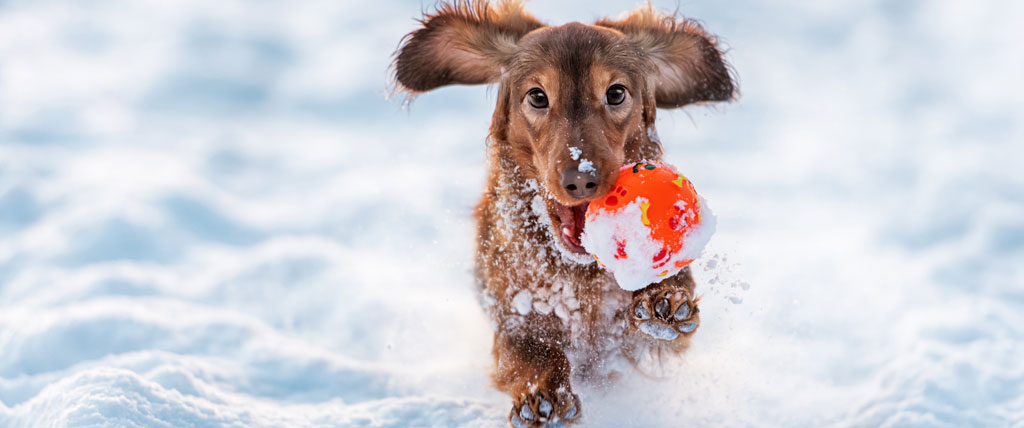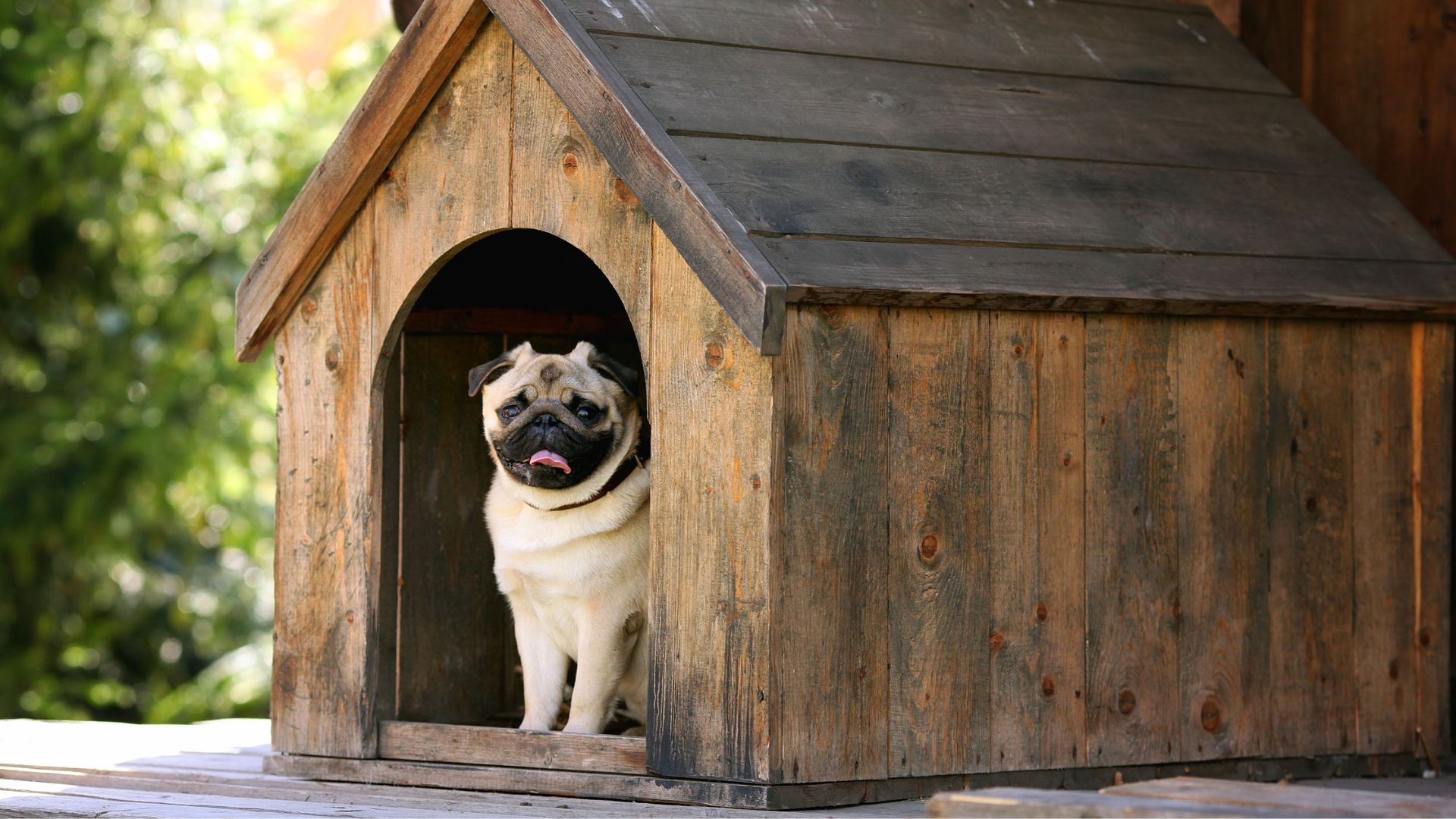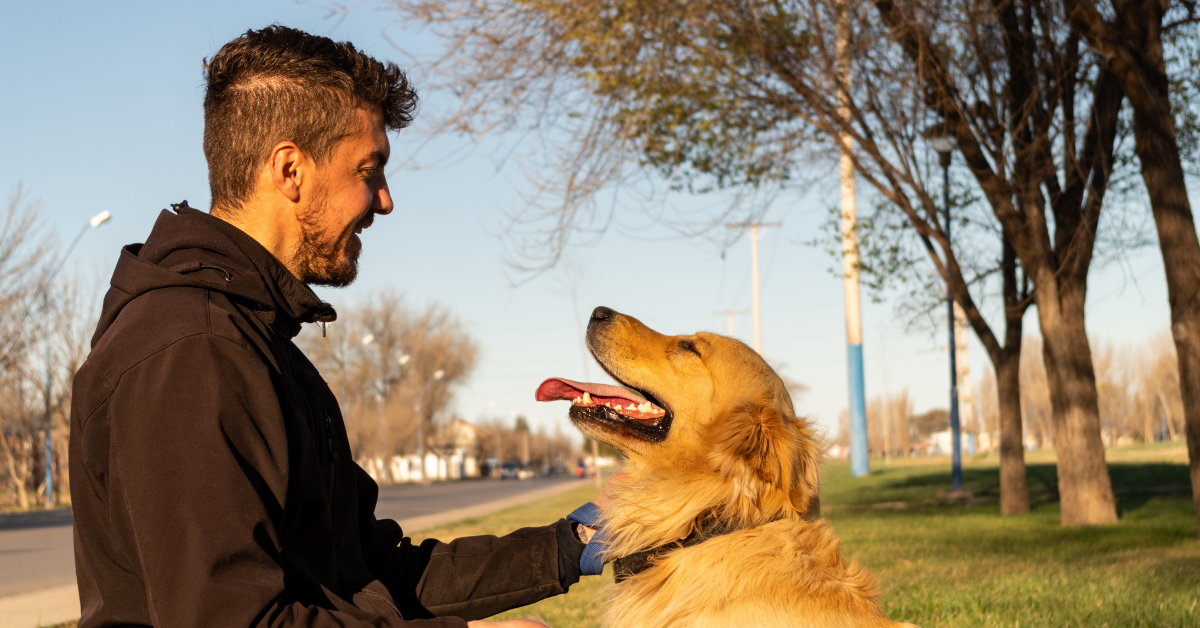
How To Keep Pets Healthy With The Upcoming Winter Season
The snow is here and the temps are chilly! But your dogs still need to go out for walks. Here are some valuable tips for keeping your dogs and other pets healthy and comfortable in the cold months ahead.
Know your pet’s limits
Some breeds of dogs are more susceptible to the cold than others. Dogs with a thin coat of hair, such as Greyhounds and Chihuahuas, have a low tolerance to cold, as well as dogs with short legs. Keep them cozy in a warm sweater and/or booties, and limit their outdoor time on cold and snowy days. Breeds such as Huskies and Newfoundlands can tolerate the cold better than their short haired counterparts, but even they shouldn’t be left out too long in temperatures below freezing.
Senior pets and those suffering with arthritis will also be less tolerant of inclement weather, and they also are more prone to slipping and falling.
Bottom line: Shorten your walks and playtime outdoors and dress them for the winter.
Let the sun shine
Schedule your outdoor time for when the sun is shining! Dark coated dogs can absorb the sun better than light haired dogs, so they will stay warmer.
Take care of them once they come inside
Wipe them down and warm them up when they come indoors, making sure to wipe off any ice caught on their hair. Wipe their paws with a warm, damp cloth to make sure to remove any rock salt, chemicals and ice.
Make sure they have cozy blankets and bedding that they can snuggle in on cold days. And provide extra stimulation indoors for your pets so they don’t get bored.
Your pet may need more food and water in winter if they go outdoors, as their bodies will require more fuel to keep them warm.
Prepare for the worst case scenario
In case of a snowstorm, always keep a five-day supply of food, water and any necessary medications for your pets.
See your vet for Winter Wellness Exams
Cold weather can exacerbate certain conditions such as arthritis in your pets. Schedule an exam with your veterinarian to ensure your pet is healthy and comfortable.
The Canine Flu
Dogs who are exposed to other dogs risk catching the Canine flu. Virtually all dogs exposed to the canine influenza become infected, with approximately 80% developing clinical signs of the disease, according to the American Veterinary Medical Foundation. The approximately 20% of infected dogs that do not exhibit clinical signs can still shed the virus and spread the infection.
Dogs who attend doggy daycare and/or go to dog parks or other places that dogs commune are advised to consult their veterinarian about getting the Canine Flu Vaccine.
Consider reducing or eliminating your dog’s need for doggy daycare – Floofins & Co. offers flexible pet sitting for anywhere from a few hours to several days!
Other Recent Blog POsts

Celebrating The Original Floofins’ Sweet 16
July 24, 2024
Emergency Planning for Your Home & Pet
July 18, 2024
Beyond the Blurry Phone Pic: Schedule Professional Pet Photos Instead
July 10, 2024
Keeping Chicago Pets Safe on the Fourth of July
July 1, 2024
Why Floofins & Co. Leads the Pack
June 26, 2024
